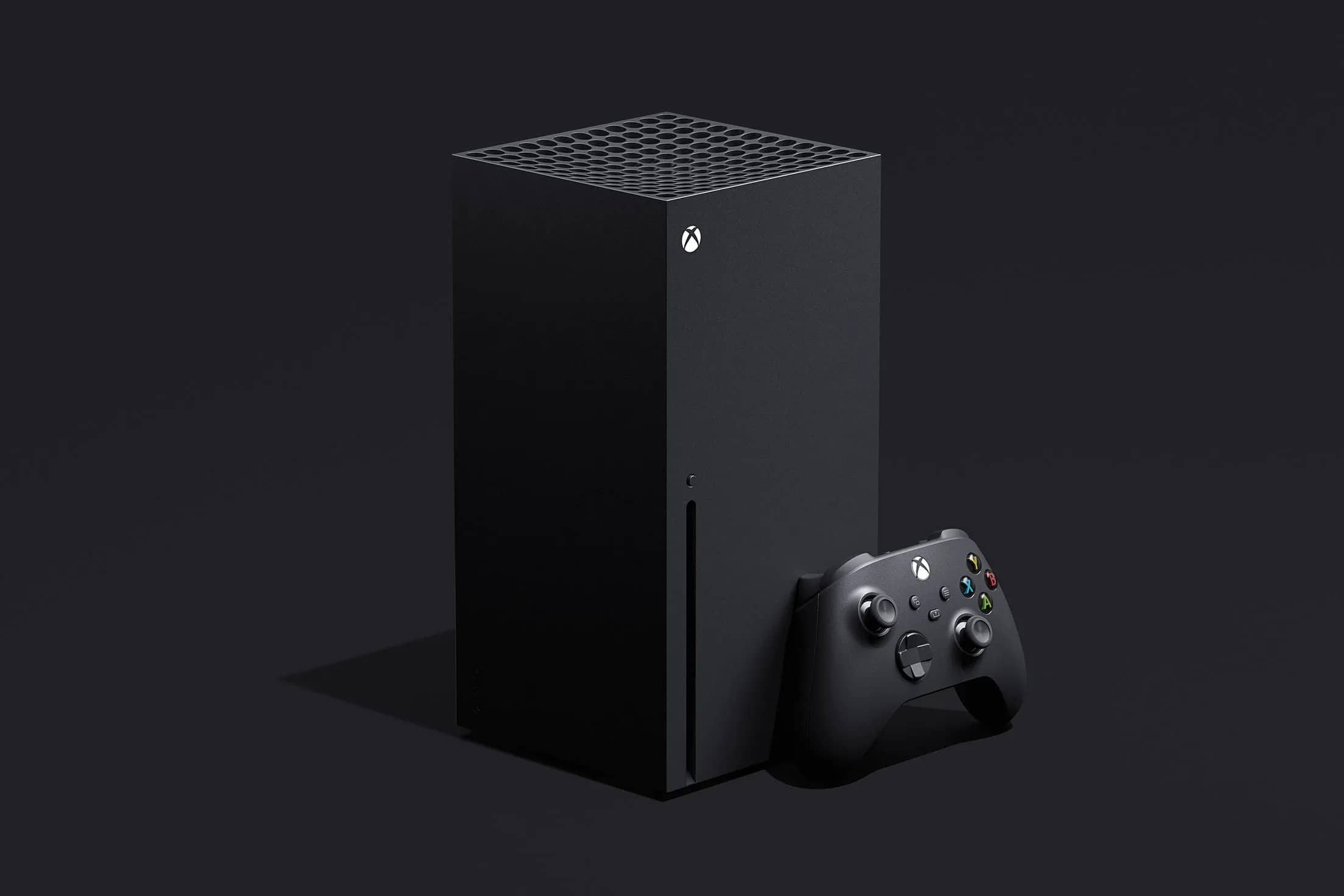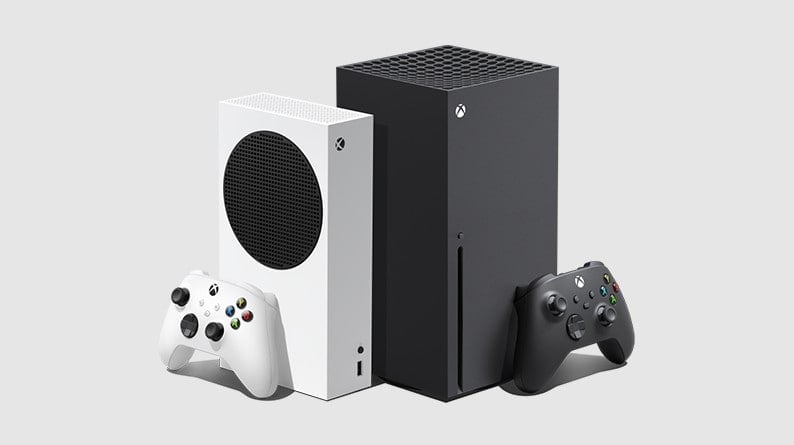The release of the newest iteration of Microsoft’s Xbox hardware, the Xbox Series X and Series S originally launched November 10, 2020. In the process, these consoles kicked off the ninth hardware generation ahead of the launch of Sony’s PlayStation 5. And, just like the PS5, getting ahold of an Xbox Series console was easier said than done in the initial months following the hardware’s launch, thanks to supply shortages and issues with online scalpers reselling consoles on the secondary market at inflated prices. However, long before the PlayStation 5 became more readily available, Microsoft would ramp up production on both the Series X and the Series S, resulting in both consoles becoming easier to acquire. For anyone who has yet to upgrade, though, there are some questions to ask before buying an Xbox Series X.
In terms of pure horsepower, the Xbox Series X is definitively the most powerful home console ever. But the big question surrounding the console is: Who is it for? For anyone who has been playing on successive iterations of Xbox hardware since the launch of the original Xbox in 2001, picking up an Xbox Series X is likely the best upgrade path possible, as the Xbox ecosystem continues to stand at the forefront of backward compatibility and online functionality. These are the main things to consider before taking the plunge and upgrading to the most powerful Xbox yet.
1. What’s the difference between the Series X and Series S?
The 9th console generation marks the first time that both Sony and Microsoft have come out of the gate with two different versions of their respective flagship consoles. But while the disc and all-digital versions of the PS5 share identical internal components, the same is not true of the Xbox Series X and its smaller counterpart, the Series S. In addition to not featuring a disc drive, the Xbox Series S has a GPU that is roughly about one-third as powerful as the Series X. In terms of what this translates to in action, the Xbox Series X can display games at upwards of 120fps and at 4K resolution while the Series S runs at 1440p and 60fps.
Additionally, the Series S boasts only 500GB of internal onboard storage while the Series X comes standard with 1Tb of internal space on its SSD and features a disc drive. That said, the Series S is a full USD 200.00 cheaper than the Series X. In terms of both graphical fidelity and raw processing power, the Xbox Series X is by far the superior option, but that superiority comes at the hefty price of USD 499.99.
2. Are the Xbox Series consoles Backward Compatible?
Microsoft continues to be the industry’s frontrunner in backward compatibility, with every successive iteration of the Xbox hardware being able to play titles from the one preceding it. The Xbox Series X can play all the newest multi-platform and exclusive titles as well as thousands of games from the Xbox One. Additionally, there are well over 500 different Xbox 360 games playable on the console as well as a few dozen titles from the original Xbox that are available and playable on the hardware. One area that Microsoft is still working on is enabling backward compatibility for more games from prior Xbox hardware generations, so even if a game isn’t currently supported now, that doesn’t mean it won’t be in the future.
3. What’s the total price of buying an Xbox Series X?
An Xbox Series X has an MSRP of $499.99 or your regional equivalent, making it identical in price to the disc drive PlayStation 5. The console comes with one controller and the necessary cables to connect it to both power and your TV’s HDMI inputs, but there are some near-essential additions that players should consider when upgrading to the Series X. Firstly, getting a subscription to the Game Pass Ultimate service is a great recommendation as it will both enable online play and grant access to hundreds of free titles available through the service. Additionally, a second controller is practically a must for being able to play local multiplayer on a single screen. Finally, some AA batteries are a wise purchase since the Xbox controller still runs off of batteries instead of a rechargeable battery pack.
4. What kind of exclusive games does the Series X have?
While the Xbox Series X is a markedly more powerful console than the PlayStation 5, one area where Sony’s platform has Microsoft beat is with its exclusive games. That said, there are still plenty of titles that should pique players’ interest and are exclusive to the Xbox platform and PC. The Halo, Gears of War, and Forza series are all hugely popular and excellent franchises exclusive to the Xbox ecosystem, and all the games in those series are available via Game Pass as well as for purchase on the Xbox Marketplace. And, with Microsoft’s recent acquisition of Activision/Blizzard, players can expect newer titles in the Call of Duty and Diablo franchises to eventually cease being multi-platform releases and become Xbox console exclusives.
5. Will I be getting a Game Pass subscription?
If you’re on the fence about how to upgrade to a current-gen console from a PlayStation 4 or Xbox One, one of the determining factors could very well be Microsoft’s excellent Game Pass service. For those who have any interest in becoming Game Pass subscribers, getting an Xbox Series X is absolutely the best move. Not only is Game Pass one of the greatest deals in gaming (and one that receives regular discounts and promos to make it even better), but the games available via the service are constantly being updated. Additionally, Game Pass has plenty of titles that arrive on the service at launch, making it a great place to try out new games without having to risk spending $60 or $70 on a title that grows stale quickly.
6. What kind of storage options are available for the Series X?
Like the PS5, the Xbox Series X requires that all new games boot up from the console’s SSD. It’s possible to attach an external HDD to the console via one of the unit’s USB ports, but this external storage should only be used for Xbox One and Xbox 360 titles that are owned digitally. Thankfully, the Xbox Series X does have an external slot in which to place additional SSD storage. However, the options that the player has for expanding that storage are limited to the official Xbox-branded storage expansions that fit in the slot. The proprietary SSD expansions that players have to use are at least comparable in price to third-party manufacturers’ SSD storage options, and having the expansion for SSD storage on the outside of the console rather than on the inside makes installation foolproof.
7. Do I plan on sticking with the Xbox platform?
This almost goes without saying, but deciding which console to upgrade to largely depends on what platforms players have chosen to use in prior hardware generations. If you happen to have a long history of playing on prior generations of Xbox consoles, from the original to the Xbox 360 to the Xbox One, then it makes sense to upgrade to the Xbox Series X when the time comes. Not only do Xbox Gamertags and Achievement history seamlessly transfer over, but all digital purchases are available on the console from day one. Essentially, you could buy an Xbox Series X and have a built-in library of games right from the get-go without having to make any additional purchases, and the same will likely hold true for Microsoft’s next generation of hardware.
8. Does my TV support buying an Xbox Series X?
One factor that most players don’t initially consider is whether their current entertainment setup warrants upgrading to a new console. Both the PS5 and Xbox Series X have some incredible technology under their hoods that enable things like ray tracing and 4k resolution, but if your TV isn’t capable of displaying or making the most out of that kind of performance then it’s not really worth upgrading.
That said, the Xbox Series X can display games at 1080p and 1440p if need be, and HDR can be disabled completely. But to get the most out of the graphical fidelity and high performance of the Xbox Series X, having a 4K TV comes in handy. As long as your television has an HDMI port, you can play an Xbox Series X on it, but to get the most out of the console you’ll need a TV that supports 4K and 120hz refresh rate.
The image featured at the top of this post is ©Microsoft Xbox Series X.

